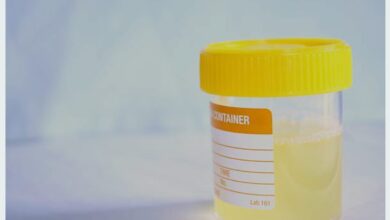THE ROSE BOWL: INDIANA vs. ALABAMA

Nothing has been the same since Saturday, December 6th when the Indiana University Hoosier football team defeated THE Ohio State University Buckeyes for the championship of the B1G conference. I can’t tell you what an unbelievable event that was, and how important it is to every alum of Indiana University. Years and years of embarrassment and humiliation on the football field are now replaced by a number one ranking nationally and the number one seed in the College Football Playoff series.
Because of our history of mediocrity and perennially losing, many alums, myself included, were, understandably, worried IU was playing above its ability and were just one play away from a blowout loss that would expose an imposter. Fortunately, that didn’t happen, and the Indiana Hoosiers turned out to be better than any fan could have imagined.
The Hoosiers’ performance against THE Ohio State Buckeyes was the best game I’ve ever seen an Indiana football team play. The defense was awesome shutting down OSU’s running game, the offense made plays when they needed to, and the kicking game, despite a missed field goal in the second quarter, was solid. The team’s performance vs. Ohio State proved they have talent at most, if not all, positions. Talent, that in this game, seemed to match up very well with OSU’s “blue chip” pro prospects.
Fernando Mendoza, the Heisman-winning quarterback, showed he was very worthy of that honor, and solidified his grasp of the trophy with an A+ performance aided by receivers who got open and made unbelievable catches. My faith in Mendoza was shaken a bit by slow starts in a couple of games late in the season. But against OSU, he was on from the start. Being flattened by an Ohio State defensive end on the first play of the game didn’t keep him from an MVP performance.
Confidence in Mendoza, Coach Cignetti, the running backs, receivers, and the defense has been restored. The OSU game showed fans IU is for real. I will still be nervous before the next game, but I’ll be far more optimistic because of how we played against the Buckeyes.
I didn’t think we stood a chance vs. Ohio State, but that win has made me more confident than ever. I am now certain we can compete with Alabama. We must not be overconfident. Alabama is not Ohio State. We still need to be disciplined and play at the level of which we are capable. If we do, we can win.
From here on, every game is the last game of the season. If we lose we’re out. We must play like we did against Ohio State—at the top of our game. It will take another A+ performance by Mendoza and from his receivers and running backs. The defense has to stop the run, get to the QB, and not let receivers get loose. Sounds simple, doesn’t it. But it’s not. After the B1G championship game we fans know this team is not you grandfather’s, or even your father’s Indiana. It’s the 21st century edition of Hoosier football. It’s a new era, a new personality, a new level of performance and confidence. We must not get distracted by all the hype and mystique of the Rose Bowl. The way IU has reacted so far (being 13-0), my confidence level tells me we’re headed for 14-0. I sincerely hope that self-doubt doesn’t creep in, and that Coach Cignetti can do his job as well as he has so far!
GO HOOSIERS!!





This win has pulled the state together to cheer for the Hoosiers. Our friends for lots of different schools are rooting for IU ‘s football team for this coming game. Now what can be done for the basketball program.